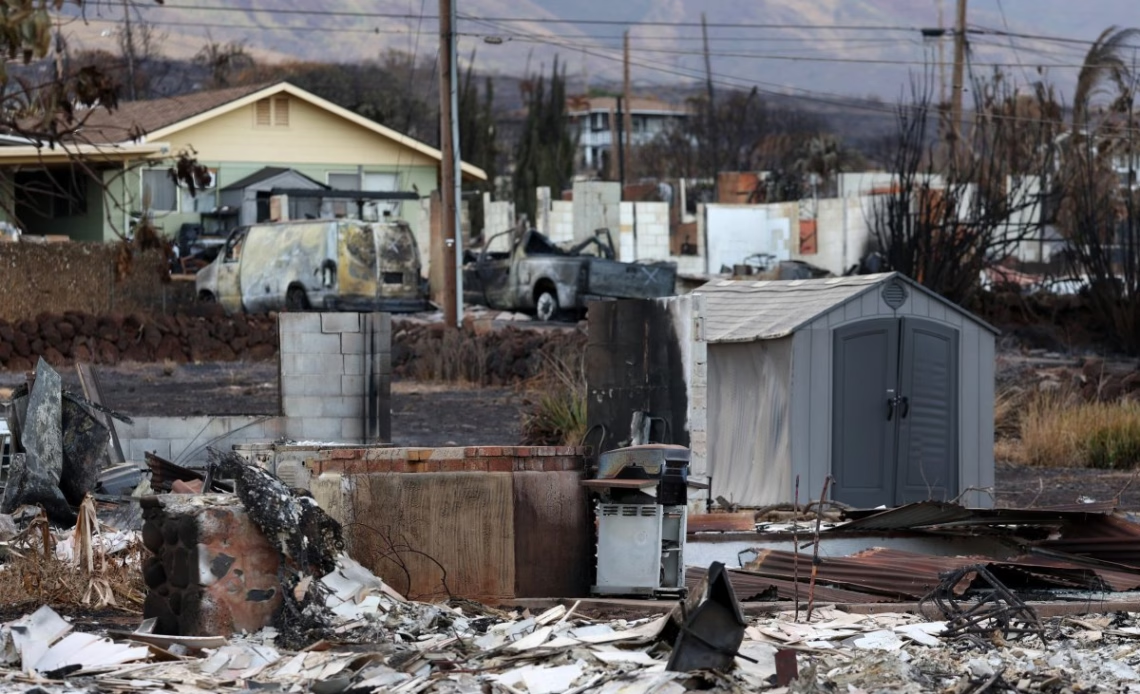Hawaii lawmakers passed a first-of-its-kind resolution last week calling for property insurers in the state to recoup rising costs by taking the fossil fuel industry to court instead of hiking premiums for homeowners.
The resolution, which was adopted in its final form on Wednesday, states that Big Oil “knowingly engaged in misleading and deceptive practices regarding the connection between their products and climate change.” Their operations, lawmakers concluded, “have contributed significantly to the destabilization of the state’s insurance industry, particularly in the property and casualty insurance sector.”
Why It Matters
While the average annual cost of home insurance in Hawaii, at $610, is significantly lower than the national average of $2,110, according to NerdWallet, premiums have been rising significantly over the past couple of years.
After the devastating 2023 Maui wildfires, which killed more than 111 people, many homeowners in the state reported facing increases of tens of thousands of dollars as insurers tried to recoup losses. Others were told that their policy, once expired, would have not been renewed.
Should insurers in the state do as lawmakers urge them to, suing fossil fuel giants over their losses, homeowners in Hawaii could avoid the brunt of premium increases, though it is unclear whether this would discourage carriers from cutting coverage in the state.
What To Know
The resolution—SCR198 SD1—allows insurers in Hawaii to pursue subrogation claims against “polluters” held responsible for the worsening of the climate crisis, which is making extreme weather events more frequent and more severe in the state and other vulnerable parts of the union.
Through these claims, carriers should be able to recover the increased costs caused by natural disasters—such as the 2023 Maui wildfires—which caused an estimated $5.5 billion in damages.
The legislation recognizes that increasing carbon emissions are worsening weather events, including hurricanes and droughts, and destabilizing Hawaii’s climate, as well as its property insurance sector. It also states that “responsible polluters in the fossil fuel industry” have been well aware of the impact of their activities on the climate, but have tried to deflect and wriggle out of accountability.
Justin Sullivan/Getty…
Click Here to Read the Full Original Article at Newsweek…

